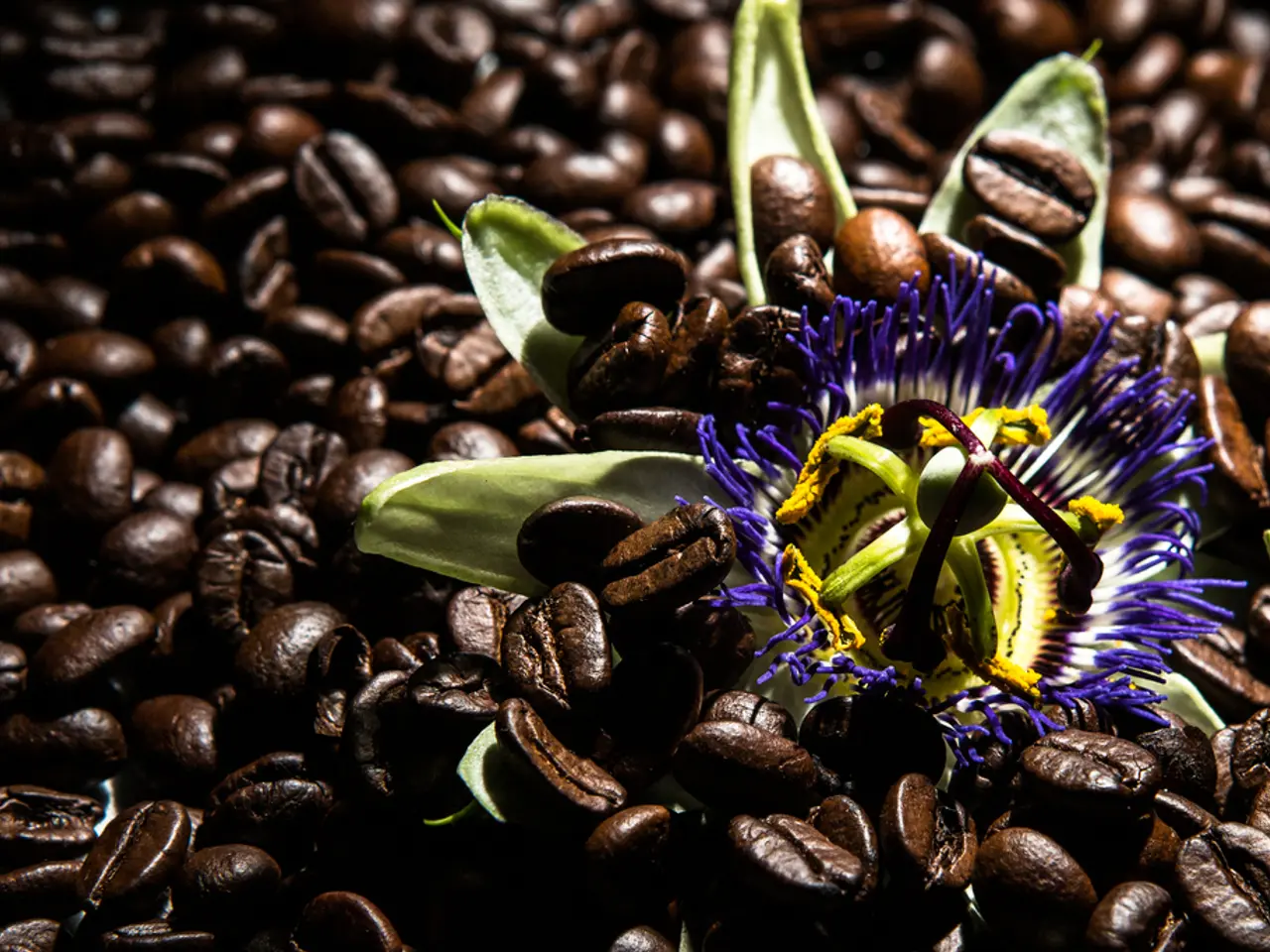Top Notch Gardening Hacks: Essential Secrets to Enhance Your Greenery
From coffee filters to matchsticks, household items are proving to be unexpected allies in the world of organic gardening. These everyday items, when used creatively, can enhance plant health, reduce waste, and minimize the use of chemical pesticides and fertilizers.
Let's start with coffee filters. Not only are they biodegradable, but they can also serve as a medium for starting seeds. Moisten a filter and place it in a seed tray. Seeds can germinate without the need for potting soil, preventing seedlings from becoming root-bound and making transplanting easier. Once used, coffee filters can be added to compost piles, where they decompose quickly and help speed up the composting process.
Matchsticks, often overlooked, contain phosphorus and phosphorus sesquisulfide, nutrients essential for growing green peppers. While their use in pest control is more indirect, they can be used to make DIY sticky traps for pests like aphids and whiteflies.
Epsom salt, a natural source of magnesium and sulfur, is another gardening powerhouse. It can help improve soil structure, increase plant growth, and enhance fruit production. Add a small amount to the soil or use as a foliar spray. Epsom salt is particularly beneficial for plants like roses and tomatoes, helping increase the number of flowers and enhancing their color.
Milk, a staple in many kitchens, also has a place in the garden. It can be used as a natural fungicide, protecting plants from powdery mildew. Dilute milk with water (1:10 ratio) and spray it on affected plants. Milk also contains nutrients that can benefit soil bacteria, promoting a healthy microbial balance in the soil.
Other household items, such as baking soda, vinegar, newspaper, eggshells, and even fish tank water, also have roles to play in organic gardening. Baking soda acts as a natural fungicide, vinegar can lower soil pH and control weeds, newspaper serves as a mulch or weed barrier, eggshells deter slugs and snails while providing calcium for plants, and fish tank water is packed with nitrogen and phosphorous, nutrients that aid in healthy plant growth.
In addition to these household items, collecting rainwater and recycling water from washing fruits or steaming/boiling vegetables can help conserve water for gardening. Keeping gardening tools sharp and rust-free can be achieved by filling a terra-cotta pot with a mixture of sand and mineral oil, which acts as an abrasive and lubricant.
Using fruit rinds as eco-friendly seedling pots is another innovative idea, enriching the soil with nutrients. Green peppers prefer a soil pH of 6.0 to 6.8, and Epsom salt enriches the soil with magnesium that germinating seeds need. Adding Epsom salt to vegetable plants leads to larger, more bountiful yields.
In conclusion, household items can be integrated into organic gardening practices to promote plant health, reduce waste, and create a more sustainable gardening environment.
Revamping your home-and-garden lifestyle, consider exploring your home for gardening essentials. Old coffee filters can serve as seed starters, fostering early plant growth without the need for soil. Additionally, matchsticks, rich in phosphorus and phosphorus sesquisulfide, can aid in the growth of green peppers and be used to make DIY sticky traps for pests.




